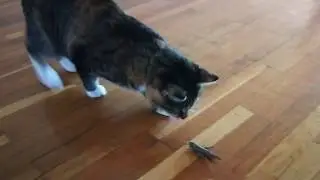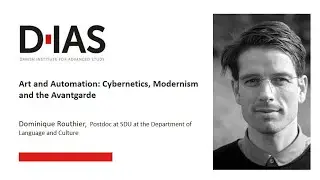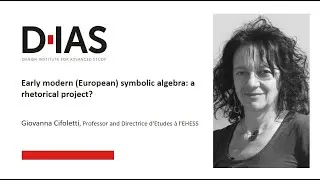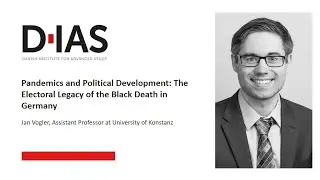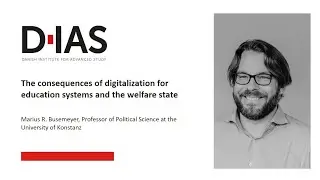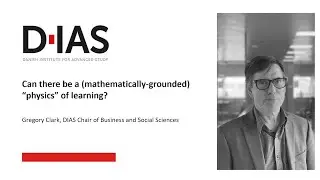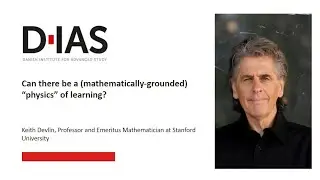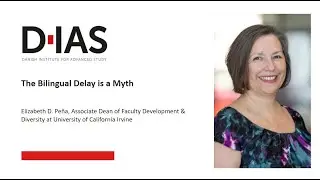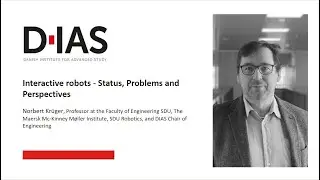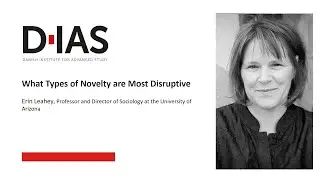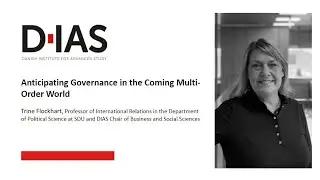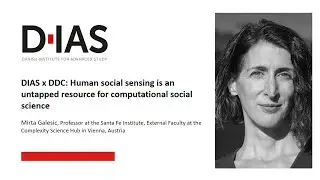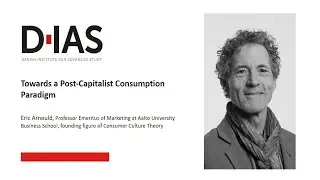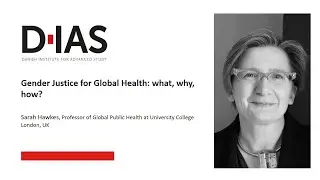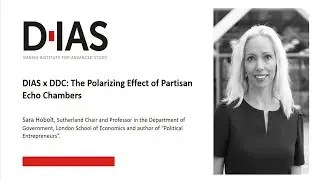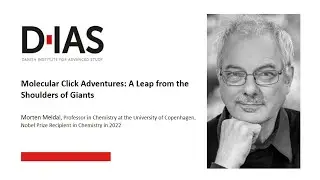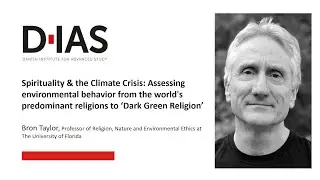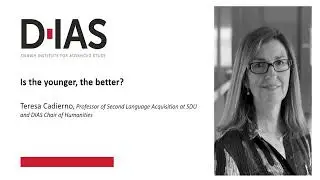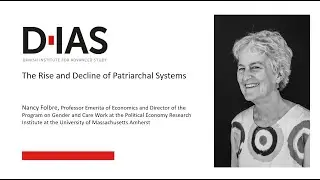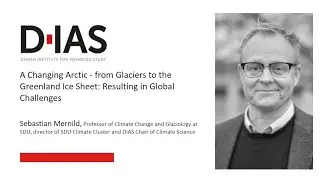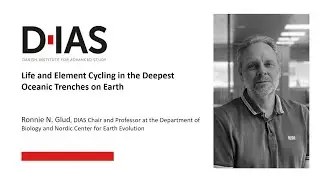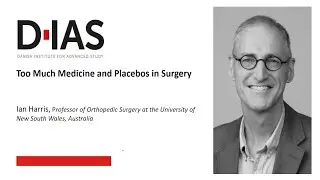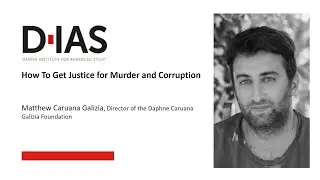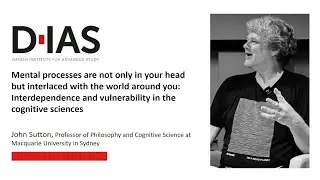Martin D. Moore - What does it take to "do" interdisciplinary research?
Interdisciplinary working? Notes from a minor participant in British Humanities and Social Science (HASS) Research
What does it take to "do" interdisciplinary research? What intellectual and affective challenges does interdisciplinary work pose for researchers trained and experienced in individual disciplines? And what opportunities does interdisciplinary working offer? In this paper, I draw on experience working on a long-running interdisciplinary project, and within an emergent transdisciplinary research centre, to think through these questions from within the British Humanities and Social Science (HASS) context.
I will suggest that - even within disciplines that might be considered closely related - interdisciplinary approaches and forms of working do not just "emerge" - and shared space does not automatically engender collaboration. Rather, interdisciplinary working requires careful management and curation, and involves the creation and sharing of particular kinds of time.
The results can be profound, for teams, fields and individuals. But interdisciplinary work is not without its tensions and problems of power - all of which need constant attention if productive projects and inclusive research cultures are to be fostered.
Martin Moore is a Lecturer in Medical History at the University of Exeter. He has worked extensively in interdisciplinary environments, including at Exeter’s Wellcome Centre for Cultures and Environments of Health and on the collaborative project ‘Waiting Times’ across Exeter and Birkbeck, University of London.
He has researched the history of waiting in various parts of the British health service and is currently working on the medical and well-being aspects of commuting in postwar Britain.
Staff bio: https://history.exeter.ac.uk/staff/ma...
Centre homepage: https://wcceh.org/
Danish Institute for Advanced Study (DIAS) brings excellent researchers together at the University of Southern Denmark to set the framework for interdisciplinary research.
We offer an extensive programme of highly prestigious lectures, and we aim to inspire groundbreaking ideas through the meeting of minds within all disciplines.
DIAS include chairs and senior fellows from all five faculties at the University of Southern Denmark and a number of external chairs from the University of Copenhagen; extraordinarily scholars with impressive curriculum vitaes.
We believe that our DIAS Fellows are the most significant part of our DIAS core; we are proud of them and we have the highest aspirations for our DIAS Fellows.
https://www.sdu.dk/en/forskning/dias
Смотрите видео Martin D. Moore - What does it take to "do" interdisciplinary research? онлайн, длительностью часов минут секунд в хорошем качестве, которое загружено на канал DIAS - Danish Institute for Advanced Study 01 Январь 1970. Делитесь ссылкой на видео в социальных сетях, чтобы ваши подписчики и друзья так же посмотрели это видео. Данный видеоклип посмотрели 163 раз и оно понравилось 2 посетителям.
